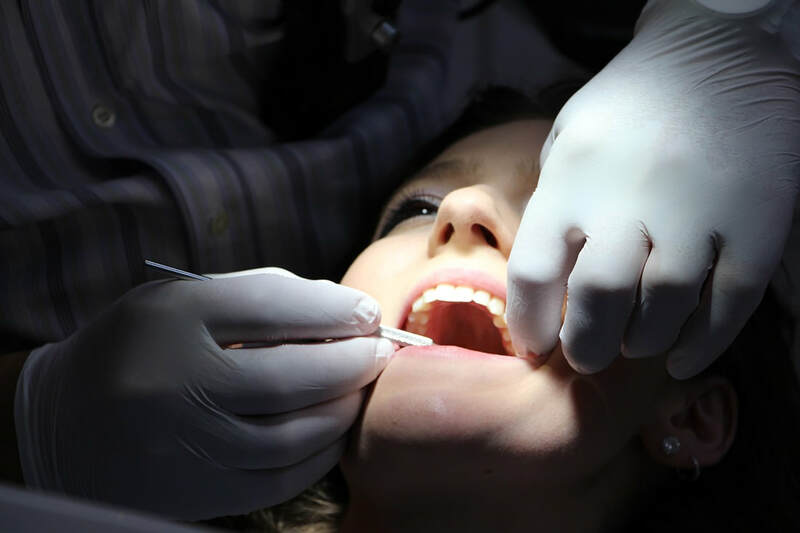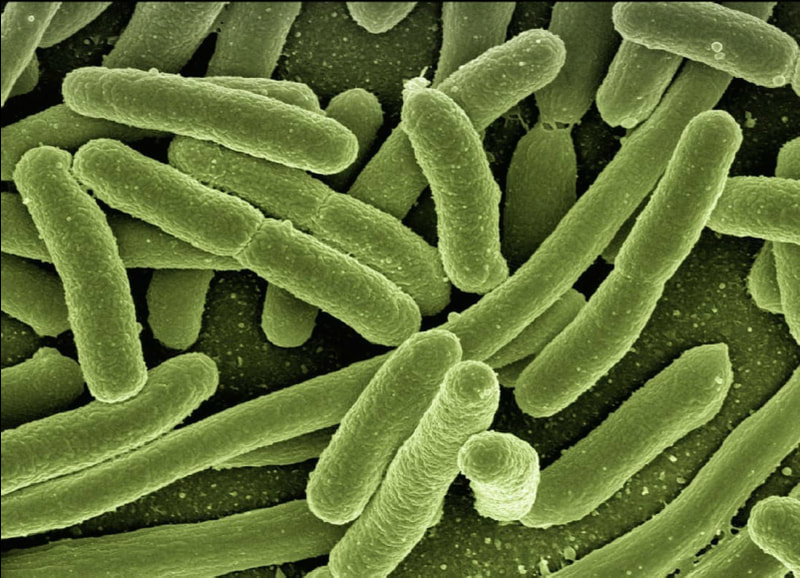Dental Hygiene Protects More Than Just Teeth
Toothaches, drilling, numbness. While many people fear going to the dentist, too few make the lifestyle changes necessary to avoid harmful tooth decay. According to the National Institute of Dental and Craniofacial Research, 92% of adults aged 20-64 have experienced cavities, holes formed by bacteria feeding on the residual sugar left behind after eating. These bacteria produce acidic substances that damage the surface of teeth and negatively impact their look and functionality.
The harm caused by poor dental hygiene, however, does not stop there. Recognizing that oral bacteria could enter the lungs via aspiration, Dental Science faculty at Kyushu University wanted to determine whether oral hygiene influenced respiratory disease. Their recent study found that the composition of a person’s oral bacteria was associated with their oral health and that swallowing teeth-decaying microbes can create a heightened susceptibility to pneumonia, an infection of the lungs that causes fever, chest pain, cough, shortness of breath, and in elderly patients, dangerous mental confusion and decreased body temperature.
The harm caused by poor dental hygiene, however, does not stop there. Recognizing that oral bacteria could enter the lungs via aspiration, Dental Science faculty at Kyushu University wanted to determine whether oral hygiene influenced respiratory disease. Their recent study found that the composition of a person’s oral bacteria was associated with their oral health and that swallowing teeth-decaying microbes can create a heightened susceptibility to pneumonia, an infection of the lungs that causes fever, chest pain, cough, shortness of breath, and in elderly patients, dangerous mental confusion and decreased body temperature.
Image Source: qimono
To conduct this study, the researchers used a modified electric toothbrush to collect tongue samples from 506 elderly adults aged 70-80. Researchers then performed gene sequencing to reveal what species of bacteria were present in the mouths of each person. They found that some samples possessed harmful bacteria known to heighten the risk of deadly pneumonia in the elderly. The researchers assessed the oral health of these subjects and recorded conditions like number of decayed teeth, high presence of plaque, a sticky bacterial film on teeth associated with cavities, and percentage of subjects whose gums bled when probed, indicating periodontal disease. From their findings, the researchers discovered that harmful bacteria was most abundant in the subjects with the poorest oral health. The study therefore concluded that a relationship exists between oral health and tongue microbiota, and that this relationship could lead to increased susceptibility for respiratory disease.
Although this study focused on the oral health of elderly individuals, dental hygiene should be better prioritized in all age groups since inadequate care also leads to higher risk of heart disease, dementia, diabetes, and complications in pregnancy, according to the Mayo Clinic. To prevent these significant issues, all individuals should closely follow these oral care recommendations suggested by the American Dental Association:
In the long run, adopting these habits could help prevent serious, uncomfortable, and expensive health problems. Fears of the dentist will be forgotten as more people follow these guidelines and attain the strong, pearly whites necessary for smiling, chewing, talking, and maintaining the health of the entire body.
Although this study focused on the oral health of elderly individuals, dental hygiene should be better prioritized in all age groups since inadequate care also leads to higher risk of heart disease, dementia, diabetes, and complications in pregnancy, according to the Mayo Clinic. To prevent these significant issues, all individuals should closely follow these oral care recommendations suggested by the American Dental Association:
- Brush teeth twice per day using a fluoride toothpaste
- Floss once per day
- Limit consumption of sugary foods and beverages
- Visit a dentist for regular checkups every six months
In the long run, adopting these habits could help prevent serious, uncomfortable, and expensive health problems. Fears of the dentist will be forgotten as more people follow these guidelines and attain the strong, pearly whites necessary for smiling, chewing, talking, and maintaining the health of the entire body.
Featured Image Source: rgerber
RELATED ARTICLES
|
Vertical Divider
|
Vertical Divider
|
Vertical Divider
|






